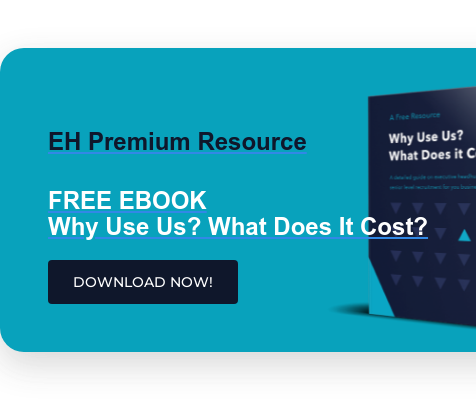With UK inflation now soaring at 9% and the number of job vacancies outstripping the number of unemployed people for the first time since records began, it's critical for organisations to develop innovative benefit strategies that help to attract and retain employees.
It is one of the biggest challenges employers are now facing. With the vast majority of organisations having successfully overcome adversity to survive the Covid-19 pandemic, they are now presented with a set of different, but equally challenging, economic circumstances that need to be addressed.
The latest job figures show there are more vacancies than unemployed people for the first time since records began, with the 3.7% unemployment rate the lowest in 50 years. This represents a recruitment challenge in its own right. However, this challenge is compounded further by the rapid increase in inflation, leading to many candidates starting to feel the pinch in terms of their living costs.
This in turn, is resulting in candidates increasing their salary demands. Given that the nature of the current recruitment market is strongly candidate-led, these demands are often being met in order for organisations to get the best quality individuals and fill urgent roles quickly.
This is unsustainable in the medium to long term and employers are already finding it increasingly difficult for their budgets to accommodate significant salary increases.
So finding alternative, less costly ways to attract and retain employees has become critical.
Of course, salary will always be a big element of an overall package, but thinking outside the box to come up with an innovative benefits strategy is key to helping deliver a more comprehensive remuneration package that doesn't just focus on salary.
And it's not impossible. We are starting to see some of our clients and other organisations developing a range of more creative staff benefits.
For example, we've seen some of our clients offering fully flexible and hybrid working arrangements including a 4 day working week. This can help with reducing travel costs, enabling more disposable income for candidates. Similarly, a dedicated allowance to help with fuel bills and the cost of living, especially if employees are working from home more often (and therefore using more electricity, heating etc.).
A number of organisations including Goldman Sachs are offering unlimited holiday to senior managers, while BrewDog are offering equity options to staff, as well as an incentive plan to provide 50% share of individual bar profits to employees working there.
There is a much bigger focus on mental health benefits from many organisations, and some of our clients include free subscriptions for all employees to mental health apps such as Headspace.
The training and development offered should also be a core part of the benefits strategy. Covering subscriptions to professional bodies should be considered, as well as offering to pay for relevant qualifications and courses (and providing an allocation of time off to study for them).
Ultimately, offering a differentiated and innovative benefits strategy will help attract and retain employees in an extremely competitive market. It makes it harder for a candidate to focus purely on the salary aspects of a role and encourages them to consider the value of the total benefits package.
In addition, a creative benefits offering will often reflect the culture of an organisation and in turn, help demonstrate their attitude and level of commitment to their employees - another key factor for candidates considering a new role.

